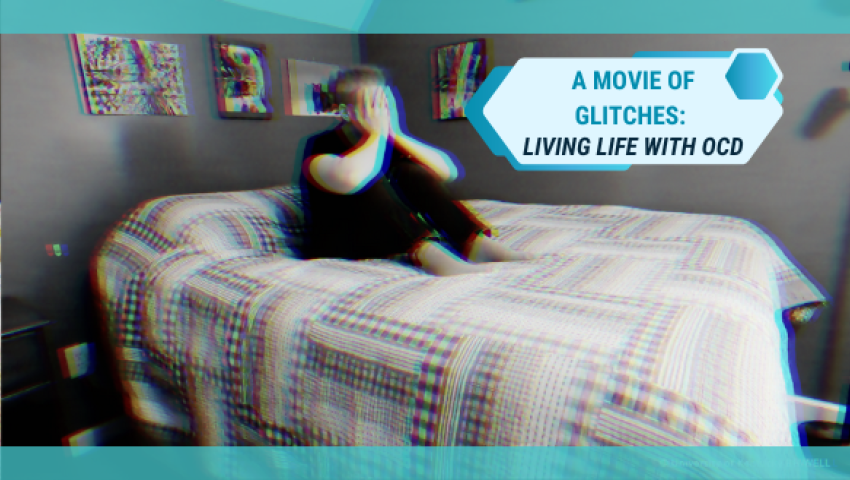My life constantly glitches. I often get caught up in one moment and have to repeat things to assure myself that it’s okay to move on with my day. My brain tells me I can’t contaminate anything.
If I touch something dirty, I have to wash my hands. Wait... my hand touched the sink, so I wash again. Wait... I touched the sink handle that I touched with my dirty hand. I wash again. The towel that I wiped my hands on also touched my face and snot could have gotten on it. I wash again.
I sanitize the door handle with a disinfecting wipe. Wait... there are chemicals in that disinfectant. I try to move on, but my attention is snagged on that one detail. I wipe off the disinfectant with a paper towel so that no one else gets chemicals on their hands.
